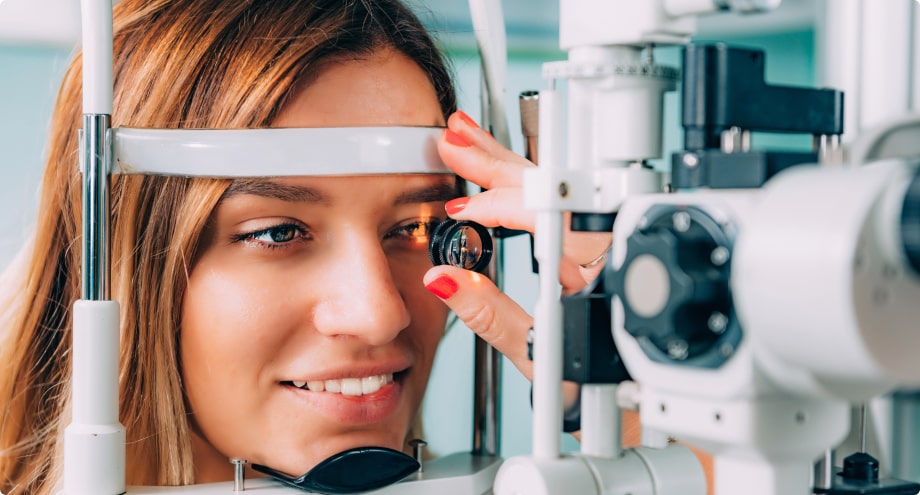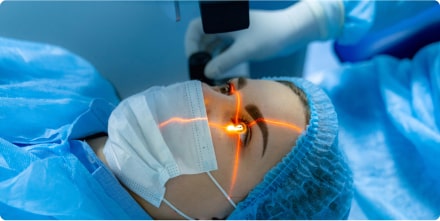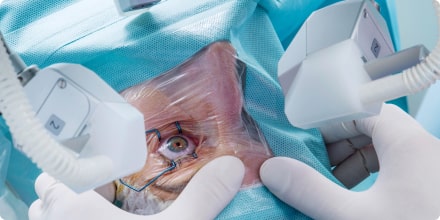Table of content

What Is Retina?
The retina is the light-sensitive layer of tissue at the back of the eyeball. Images that come through the eye’s lens are focused on the retina. The retina then converts these images to electric signals and sends them along the optic nerve to the brain.
When is retina examination required?
Examination is required in case of anyone who experiences these vision problems should get a retinal examination:

- Changes in sharpness of vision or blurry vision
- Loss of color perception
- Flashes of light or floaters
- Distorted vision (straight lines look wavy)
Retina Evaluation Services
It involves a detailed evaluation of the back of the eye, particularilty the retina, optic nerve, and blood vessels. It can be done through various techniques:
Dilated Fundus Examination
The pupil is dilated with eye drops allowing the doctor to examine the retina with specialized instruments like a slit lamp or ophthalmoscope.
Ocular Coherence Tomography (OCT)
This non -invasize imaging technique provides cross-sectional images of the retina helping to detect abnormalities like macular degeneration or diabetic retinopathy.
Fluorescein Angiography
A dye in injected into a vein in the arm, and its passage through the retinal blood vessels is captured using a specialized cameras, helping to diagnose conditions like retinal vascular disorders.
Fundus Photography
High-resolution images of the retina are captured using a fundus camera, aiding in the documentation and monitoring of retinal disease.
Visual Field Testing
This assesses the peripheral vision to detect, assisting in the diagnosis of inherited retinal disorders.
Electroretinography
Measures the electrical responses of various cells in the retina, assisting in the diagnosis of inherited retinal disorders.
Risk Factors
Several factors can increase the risk of retinal problem, including:

- Diabetes
- High blood pressure
- Family history of retinal disorders.
- High cholesterol
- UV exposure
Recommendations
These are the steps you can take to reduce the risk and manage the condition effectively:
Regular eye check-ups to detect any early signs eye infections.
Maintain a healthy lifestyle with regular exercise and a balanced diet.
Protect your eyes from injury and UV radiation by wearing sunglasses.
Manage other health conditions that may contribute to glaucoma risk.
Types of Treatments
Treatments vary based on the condition diagnosed:

Laser therapy, anti-VEGF injections, or surgery are options for advanced cases.

Injections of anti-VEGF drugs, photodynamic therapy, or laser surgery are available.
